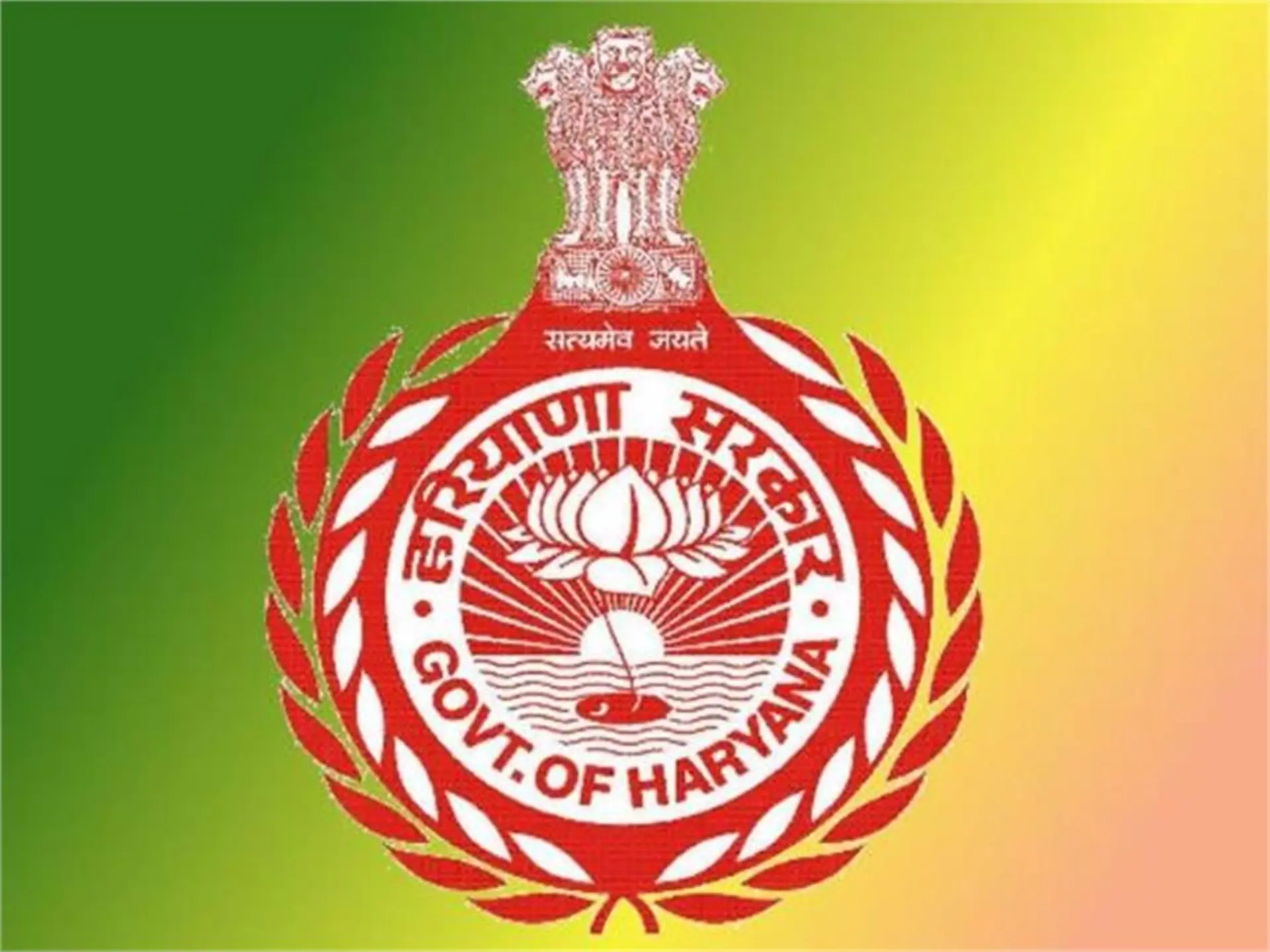
A shocking scam at Haryana's premier medical university has exposed how students who failed their MBBS exams could buy their way to passing grades, with fellow medical students serving as brokers in the corrupt network.
The scandal at Pandit Bhagwat Dayal Sharma University of Health Sciences Rohtak (UHSR) has led to criminal cases against 41 people, including 24 students and 17 university employees, revealing a well-organized system that undermined the integrity of medical education in the state.
Students Turned Brokers for Profit
According to sources, several students from a private medical college played key roles as middlemen in the racket. These student aka "agents" identified classmates who had failed subjects and offered them guaranteed success in exchange for large sums of money.
"What made this scam particularly effective was how they recruited students who had benefited from the cheating," explained a source familiar with the case. "After paying to pass their failed subjects, these students were brought into the network and began recruiting others who were struggling academically."
The student middlemen reportedly received commissions for each new "client" they brought into the scheme, creating a pyramid-like structure that expanded the racket's reach in the university.
Sophisticated Cheating Methods Uncovered
The methods used in the scam were surprisingly elaborate. Evidence collected by investigators includes a video showing students rewriting their answer sheets outside the university premises – sitting on beds and chairs while a university employee supervised them.
One of the most creative techniques involved the use of special erasable ink pens. Students would:
- Write their initial answers during the exam
- Later, use hair dryers to erase these answers completely
- Rewrite correct answers with textbooks and other resources available
To build trust with potential "customers," the middlemen would share insider information about upcoming exams that they received from their university employee contacts.
Money Trail and Breakdown of Trust
The price for passing a failed subject was between Rs 3 lakh and Rs 5 lakh per subject, according to sources. This money was collected by student middlemen and then distributed among the network of university employees involved.
The scam began to unfold when some students who had paid the hefty sums still failed their exams. These angry students demanded refunds from the middlemen, creating conflicts that eventually led to the scheme's exposure.
"Two separate groups of student middlemen were operating in the medical college, and they maintained constant communication with the racketeers," said a source. "When some students didn't get what they paid for, they became increasingly vocal about the operation."
Whistleblower Breaks the Silence
The scandal finally came to light when an MBBS student turned whistleblower and filed a formal complaint with the UHSR authorities last month. The complaint detailed how the racket operated and provided crucial evidence that led to the ongoing investigation.
In the complaint, the whistleblower urged authorities to "recover WhatsApp call histories to trace the full extent of the network," noting that the racketeers used multiple mobile phones and WhatsApp calls specifically to avoid leaving evidence.
Swift Action and Preventive Measures
Following the exposure of the scam, the university and law enforcement have taken several actions:
- Three university employees have been arrested so far
- Eight regular employees have been suspended
- Nine outsourced staff members have been dismissed
- The university has introduced on-the-spot evaluation of MBBS exam papers
- Exam centers of three private colleges have been changed
- New accountability measures for exam observers have been implemented
"This case shows how deeply corruption can penetrate our educational systems," said an official who requested anonymity. "What's particularly troubling is that these are future doctors who were willing to cheat their way through medical education."
The scandal has raised serious questions about the quality and integrity of medical education in the state, prompting calls for more rigorous oversight of examination processes in professional courses.
The university has promised to implement further reforms to prevent similar scams in the future, but the damage to its reputation and the trust in its degrees may take much longer to repair.














